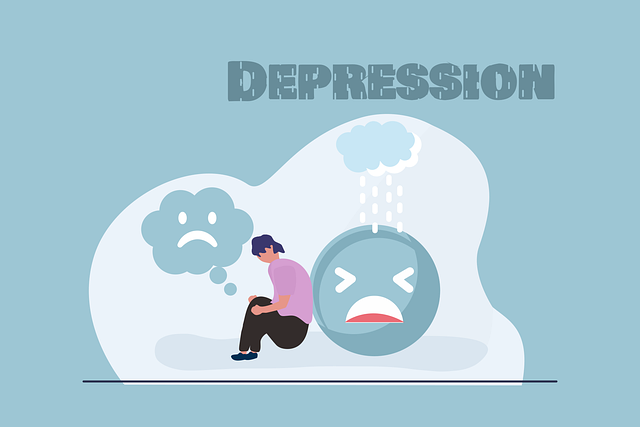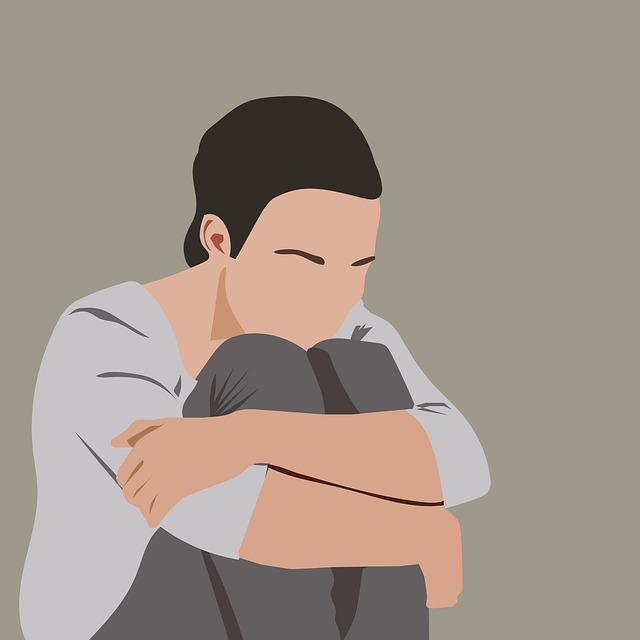Broomfield Sexual Abuse Survivor Therapy (BSSAT) prioritizes culturally sensitive mental healthcare, recognizing its crucial role in healing diverse survivors. By understanding and respecting patients' cultural backgrounds, BSSAT creates safe spaces for emotional restoration. Their approach personalizes care through tailored stress reduction methods and fosters cultural understanding with empathy and active listening. This holistic strategy, integrating self-care and Emotional Intelligence, goes beyond traditional therapy, empowering clients to navigate trauma with culturally affirming coping strategies and enhanced resilience.
Cultural sensitivity is an essential aspect of mental healthcare, ensuring effective treatment for a diverse range of patients. This article explores the intricate balance between cultural competence and therapeutic practice, highlighting real-world examples like the transformative impact of Broomfield Sexual Abuse Survivor Therapy. We delve into challenges faced by practitioners and offer strategies to navigate these complexities. Additionally, we discuss how targeted training enhances patient outcomes, emphasizing the critical role of cultural sensitivity in modern mental healthcare.
- Understanding Cultural Sensitivity in Mental Healthcare
- Broomfield Sexual Abuse Survivor Therapy: A Case Study
- Challenges and Strategies for Culturally Competent Practice
- Enhancing Patient Outcomes through Cultural Sensitivity Training
Understanding Cultural Sensitivity in Mental Healthcare

In the realm of mental healthcare, cultural sensitivity is a crucial aspect that ensures effective treatment and support for diverse patient populations. It involves recognizing and appreciating the unique cultural backgrounds, beliefs, and practices of individuals seeking therapy. At Broomfield Sexual Abuse Survivor Therapy, we understand that every patient’s journey towards healing is shaped by their cultural identity. This awareness guides our approach to create a safe and inclusive environment, fostering open communication and understanding.
Cultural sensitivity goes beyond mere awareness; it empowers mental health professionals to tailor their practices. By integrating knowledge about different cultures, therapists can offer more personalized care. For instance, promoting Self-Care Routine Development for Better Mental Health may look differently across cultures, with some emphasizing mindfulness practices while others focus on community support. Enhancing Emotional Intelligence allows therapists to navigate complex cultural dynamics, ensuring Stress Reduction Methods are culturally appropriate and effective.
Broomfield Sexual Abuse Survivor Therapy: A Case Study

The Broomfield Sexual Abuse Survivor Therapy (BSSAT) program offers a compelling example of culturally sensitive mental healthcare. This innovative approach recognizes that effective therapy must be tailored to address the unique needs and experiences of survivors, especially those from diverse cultural backgrounds. By incorporating self-care practices and compassion cultivation techniques, BSSAT creates a safe and supportive environment for emotional healing processes to begin.
The program’s success lies in its holistic understanding of trauma recovery, which goes beyond traditional talk therapy. It emphasizes the importance of cultural context in therapy, ensuring that survivors feel seen and heard while navigating their personal journeys. Through these compassion cultivation practices, clients develop coping strategies that are both culturally affirming and personally empowering, fostering a sense of agency and resilience essential for long-term healing.
Challenges and Strategies for Culturally Competent Practice

In the realm of mental healthcare, cultural sensitivity is a crucial aspect of providing effective treatment. Navigating diverse cultural backgrounds requires an understanding and appreciation for unique belief systems, traditions, and communication styles. For instance, when working with survivors of sexual abuse from varied ethnic or religious groups, such as those served by Broomfield Sexual Abuse Survivor Therapy, therapists must be mindful of potential cultural barriers to open dialogue.
Challenges may arise due to differences in expression of emotions, concepts of privacy, or even perceptions of trauma. To foster a culturally competent practice, therapists can employ strategies like active listening, validating non-verbal cues, and incorporating Trauma Support Services tailored to specific cultural contexts. Emotional Intelligence plays a pivotal role here, enabling professionals to adapt their approach while fostering trust and safety in the therapeutic relationship. Additionally, encouraging clients to engage in Mental Wellness Journaling Exercises guided by culturally sensitive prompts can offer insights into their experiences and promote self-reflection.
Enhancing Patient Outcomes through Cultural Sensitivity Training

Cultural sensitivity training plays a pivotal role in enhancing patient outcomes within mental healthcare, especially for diverse populations. This type of training equips therapists with the skills to navigate complex cultural nuances and create safer, more inclusive spaces for vulnerable individuals like sexual abuse survivors. By understanding the impact of cultural factors on mental health and therapeutic relationships, practitioners can tailor their approaches to meet the unique needs of each patient.
For instance, a therapist trained in cultural sensitivity might employ effective communication strategies, showing empathy and avoiding assumptions based on a client’s background. Such training also fosters an environment that promotes emotional well-being and resilience building for survivors of sexual abuse, who often require specialized techniques beyond traditional therapy methods. Broomfield Sexual Abuse Survivor Therapy programs have recognized the power of these initiatives in improving patient outcomes, making it an essential component in the mental healthcare landscape. Public awareness campaigns development around cultural sensitivity further contributes to a more supportive and responsive mental health system.
Cultural sensitivity in mental healthcare is no longer a consideration, but an imperative. As demonstrated by the case study of Broomfield Sexual Abuse Survivor Therapy, understanding and respecting diverse cultural backgrounds can significantly enhance patient outcomes. By addressing challenges through culturally competent strategies, healthcare providers can create safer and more inclusive environments, fostering trust and encouraging open communication. Continuous training in cultural sensitivity enables professionals to better serve a diverse range of patients, ensuring that everyone receives the compassionate, effective care they deserve.














